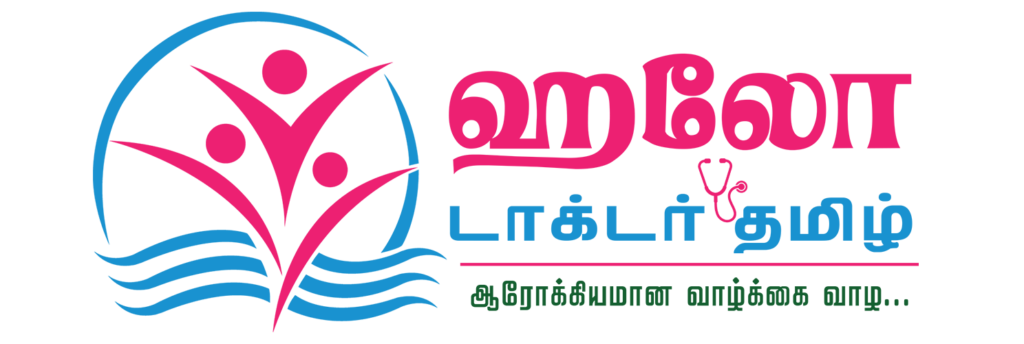Healthcare Awareness Through YouTube: A New Age Platform for Public Education In the digital age, YouTube has become more than just a platform for entertainment—it is now a powerful tool for education and spreading awareness on various topics, including healthcare. With millions of people turning to YouTube for information, it has become an ideal medium to promote healthcare awareness and share vital knowledge that can impact individuals’ well-being. In this blog post, we will explore the power of YouTube as an educational tool for healthcare awareness, how to effectively use it for public health education, and why it’s a game-changer in the healthcare sector. Why YouTube is Ideal for Healthcare Awareness Massive ReachYouTube has over 2 billion logged-in monthly users, making it the second most visited website globally. This enormous reach presents a unique opportunity to spread healthcare awareness on a massive scale. Whether you’re a healthcare professional, a non-profit organization, or an individual advocating for a health cause, YouTube provides an accessible platform to connect with a diverse audience. Visual and Engaging ContentHealthcare topics can often be complex, with scientific terminology and intricate explanations. YouTube’s visual format allows healthcare professionals to simplify these topics through engaging visuals, animations, and step-by-step demonstrations. Videos can break down complicated medical concepts into easy-to-understand content, helping viewers absorb the information more effectively. Global AccessibilityWith YouTube available in over 100 countries and 80 different languages, it offers an unprecedented opportunity to raise healthcare awareness globally. Whether it’s addressing regional health issues, like malaria in Africa, or global health challenges, like COVID-19, YouTube can be used to reach people across geographic boundaries and cultural differences. How to Use YouTube Effectively for Healthcare Awareness Create Informative and Engaging ContentWhen creating healthcare-related videos for YouTube, it’s important to focus on providing value. Some effective content formats include: Expert Interviews: Invite healthcare professionals to discuss pressing health issues. This adds credibility to your content. How-To Videos: These could cover topics like first aid, mental health management techniques, or tips for maintaining a healthy lifestyle. Patient Stories: Sharing real-life stories of patients overcoming health challenges can inspire and motivate others. Animated Explainers: Use animation to explain complex medical procedures, medications, or treatments in a simple, visual way. Incorporate SEO StrategiesJust like written content, YouTube videos need to be optimized for search engines to rank higher in search results. This involves using keywords that your target audience is likely to search for, both in the video title and description. For example, if you’re creating a video about managing diabetes, use keywords like “diabetes management tips,” “type 2 diabetes prevention,” or “healthy lifestyle for diabetes.” Additionally, including relevant tags, creating an engaging thumbnail, and using subtitles can further optimize your videos for better discoverability. Promote Preventative HealthcareOne of the key benefits of using YouTube for healthcare awareness is the ability to emphasize preventative care. Videos can promote: Regular screenings and check-ups Healthy lifestyle choices such as balanced diets and exercise routines Mental health awareness and stress management techniques By creating content that focuses on prevention, you can help reduce the overall burden of healthcare systems and promote healthier communities. Collaborate with Health InfluencersInfluencers in the health space can significantly amplify the reach of your healthcare message. Partnering with YouTubers who have large followings and a strong influence on health-related topics can give your message more exposure. This collaboration can also help engage a younger audience, who may be more likely to turn to YouTube for health advice than traditional sources. Interactive Community EngagementEngage with your audience by responding to comments, conducting live Q&A sessions, or creating polls. This interaction can build trust and foster a sense of community, encouraging viewers to be more proactive in their healthcare journeys. It also helps you tailor your content to your audience’s needs and concerns. Benefits of Healthcare Awareness on YouTube AccessibilityWith a click of a button, anyone with an internet connection can access free, reliable health information from anywhere in the world. This ease of access helps overcome geographical barriers to healthcare education, especially in underserved regions. Increased Health LiteracyVideos can simplify complex medical terms and concepts, helping individuals increase their health literacy. This empowers them to make better healthcare decisions, follow medical advice more accurately, and advocate for their own health. Improved Public Health OutcomesBy educating the public on how to prevent common health issues, manage chronic conditions, and recognize early signs of disease, YouTube has the potential to improve public health outcomes. For example, video content on breast cancer self-exams or heart disease prevention can save lives by promoting early detection and timely interventions. Cost-Effective OutreachCompared to traditional advertising methods, creating YouTube videos is a relatively low-cost strategy for healthcare providers, non-profits, or government organizations to reach large audiences. This makes it an attractive option for health campaigns with limited budgets. Conclusion In a world where information is just a click away, using YouTube as a platform for healthcare awareness can be a powerful way to reach and educate a wide audience. With its massive reach, engaging visual content, and potential for global accessibility, YouTube offers a unique opportunity to raise awareness about critical health issues. By creating informative, SEO-optimized, and engaging content, healthcare providers, organizations, and influencers can play an instrumental role in improving public health outcomes worldwide.

